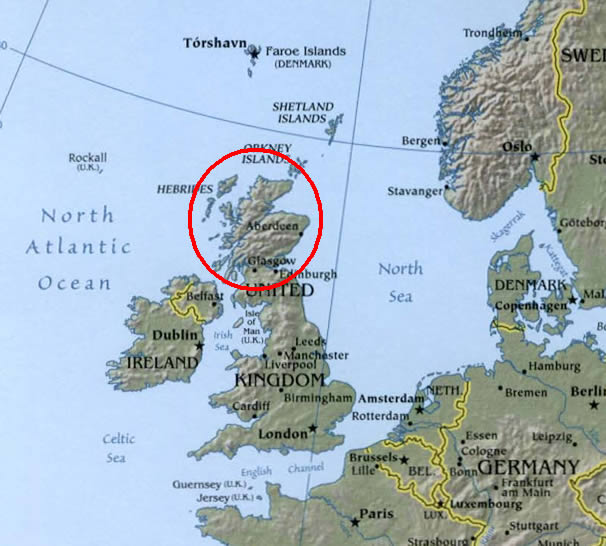
Goidelic [goi-del-ik]Linguistics ExamplesWord Origin noun
- Also called Q-Celtic. the subbranch of Celtic in which the Proto-Indo-European kw-sound remained a velar. Irish and Scottish Gaelic belong to Goidelic.
adjective
- of or belonging to Goidelic; Q-Celtic.
Also Ga·dhel·ic [guh-del-ik] /gəˈdɛl ɪk/. Compare Brythonic, P-Celtic. Origin of Goidelic 1880–1885; Old Irish Goídil Gael + -ic Examples from the Web for goidelic Historical Examples of goidelic
In Goidelic, we find two mutations, the vocalic and the nasal.
Encyclopaedia Britannica, 11th Edition, Volume 5, Slice 5
Various
There is nothing corresponding to this consonantal mutation in Goidelic.
Encyclopaedia Britannica, 11th Edition, Volume 5, Slice 5
Various
As has been already remarked, they are now generally described as the Brythonic and Goidelic branches of the Celtic race.
The Christian Church in These Islands before the Coming of Augustine
George Forrest Browne
In modern phrase, the Goidelic, not the Brythonic branch of the Celtic race.
The Christian Church in These Islands before the Coming of Augustine
George Forrest Browne
No absence of Goidelic elements in British place-names is proof against such positive evidence.
The Bronze Age and the Celtic World
Harold Peake
British Dictionary definitions for goidelic Goidelic Goidhelic Gadhelic noun
- the N group of Celtic languages, consisting of Irish Gaelic, Scottish Gaelic, and ManxCompare Brythonic
adjective
- of, relating to, or characteristic of this group of languages
Word Origin for Goidelic C19: from Old Irish Goidel a Celt, from Old Welsh gwyddel, from gwydd savage Word Origin and History for goidelic Goidelic adj.
“pertaining to the branch of Celtic languages that includes Irish, Gaelic, and Manx,” 1882, coined by Sir John Rhys (and first used in his “Celtic Britain”), from Old Irish Goidel “Gael” (see Gael).
 Liberal Dictionary English Dictionary
Liberal Dictionary English Dictionary